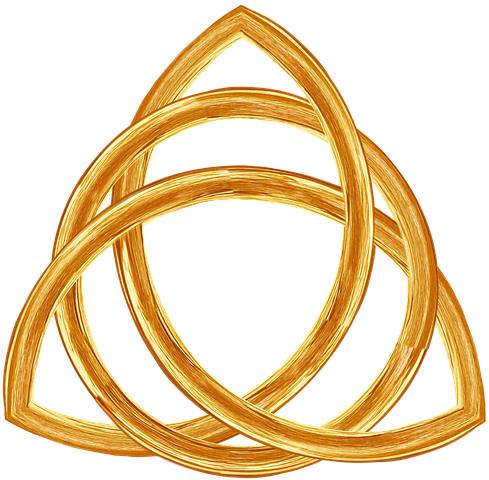Ways of Knowing
Note: The primary purpose of this website is to guide you to heaven. It was written to provide evidence that there is a God interested in the salvation of your soul. Jesus Christ is that God and he established the Catholic Church to lead you to a moral life and heaven. This section demonstrates that there are reliable ways of knowing God and his purpose for your life.
Posted: 1/22/2020 Updated: 4/5/2020
Ways of Knowing through Faith & Reason
“Faith and reason are like two wings on which the human spirit rises to the contemplation of truth.” John Paul II, Fides et Ratio.
It is important to discuss ways of knowing, because the term “faith” often conjures up images of religious believers who have no interest in objective facts pertinent to their beliefs. On the contrary, this website was developed to show that (1) faith is reasonable, (2) faith and science are compatible, since God is the author of both, and (3) seeking the Truth, through a lifetime of prayer and study, leads to salvation.

Faith has a number of definitions. Here are four:
1. Blind faith – having complete confidence in someone or something without any reason to do so
2. Uninformed faith – believing without evidence or despite the evidence
3. Unscientific faith – believing in something which cannot be observed scientifically
4. Informed faith – a reasonable belief that trusts a conclusion based on the weight of the evidence
The primary objective of this website is to provide the reader with the knowledge of “how to get to heaven.” Those with a blind or uninformed faith often lack an understanding of how to be saved, and so need the information this website offers.
Atheists and agnostics often accuse the religious faithful of an unscientific faith. The implication is that scientific methodology is the only way to Truth (Scientism). These “believers” need to be made aware that there are other reasonable paths to belief.
An informed faith utilizes all “ways of knowing” to arrive at Truth, and so is the most robust method. Those who use this method are best able to distinguish justified belief from opinion (epistemology).
Sources of Knowledge
When demonstrating the existence of God (and in the rest of this website), I will use knowledge gleaned from five sources: Philosophy (esp. Natural Theology); Science; Historical Analysis; Revelation & Authority
Natural Theology
“Natural theology is the branch of philosophy and theology which attempts to either prove God’s existence, define God’s attributes, or derive correct doctrine based solely from human reason and/or observations of the natural world.”
Science
Knowledge of the physical world, based on the scientific method (observe, question, hypothesize, predict & test).
Historical Analysis
“Research in history involves developing an understanding of the past through the examination and interpretation of evidence. Evidence may exist in the form of texts, physical remains of historic sites, recorded data, pictures, maps, artifacts, and so on.”
Revelation
1. “Something that is revealed by God to humans.”
2. “But there is another order of knowledge, which man cannot possibly arrive at by his own powers: the order of divine Revelation.”
“The keys of the kingdom” is a Christian concept of eternal church authority. It was established in the 1st century AD, initially through St. Peter, then through the rest of the 12 Apostles. The latter, continuing with the early Church Fathers, would eventually comprise the early church and its doctrine.”
